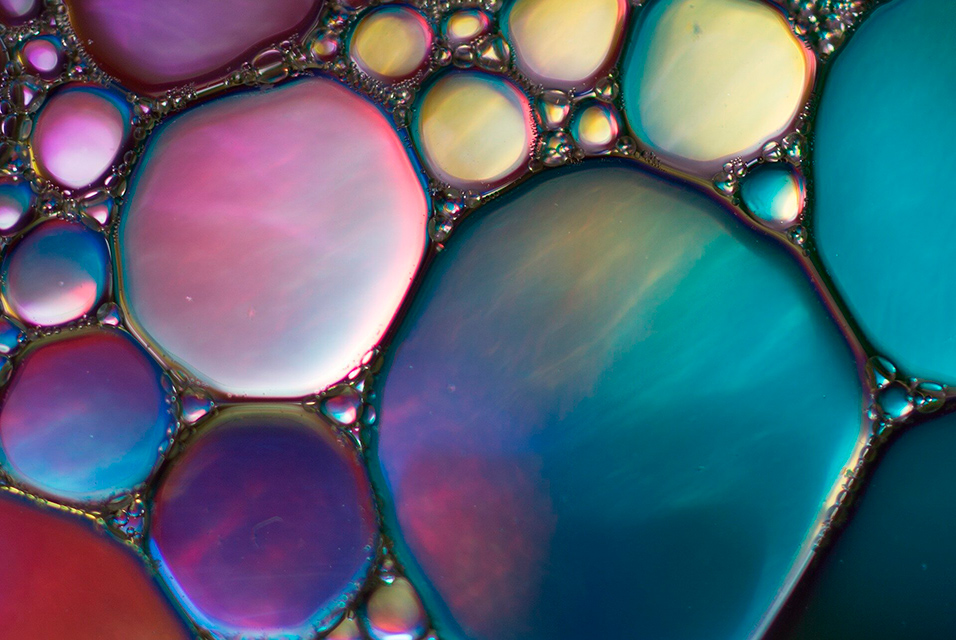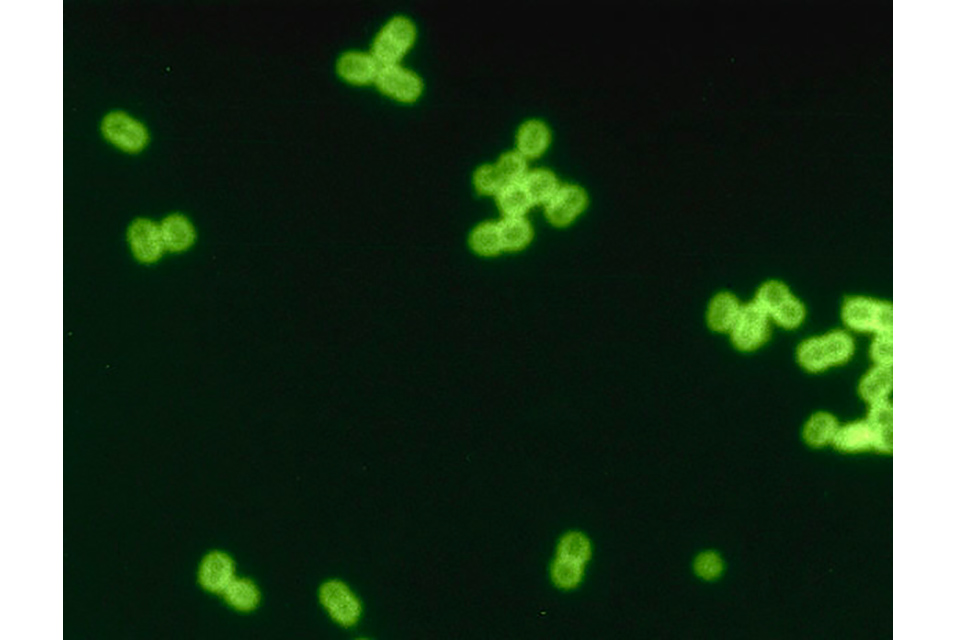PITTSBURGH, PA.- After thousands of gallons of oil poured into the Pacific Ocean following the October 2 spill, agencies and volunteers have worked around the clock to mitigate the damage and stop the spread.
To do this, crews have employed booms, physical floating barriers that help contain the oil from extending outward. Skimmers are then used within the perimeter of the boom to remove the oil from the water before soaking it up with a sand-like mixture.
The current spill is just one of many over the past 30 years, and its estimated 24 to 131 thousand gallons is relatively small compared to the nearly 134 million gallons that affected the Gulf of Mexico following Deep Water Horizon in 2010.
While booms have been effective in this most recent spill, previous larger spills have called for additional mitigation techniques such as the use of dispersants or in situ burning.
Following the Deepwater Horizon spill,
Carnegie Mellon Chemical Engineering Professors Shelley Anna and Lynn Walker joined the Gulf of Mexico Research Initiative's (GoMRI) effort to better understand the impact of both the spill and the techniques used to limit the devastation on wildlife and wetlands.
At the time, Anna and Walker were already developing a tool called a microtensiometer to measure the interfacial and transport behavior of surfactants, chemical substances used to create dispersants. When applied to a liquid, the properties of surfactants reduce surface tension, enabling them to disperse large oil collections into smaller droplets. A common household example of this is dish detergent, which helps break up the grease collected on pots and pan during cooking.
"Dish detergent, like Dawn, is an example of a surfactant that isn't harmful to skin or feathers, so it's often used to clean the oil off birds and other wildlife following a spill," said Walker.
Not only can the use of surfactants help prevent oil slicks from forming, but according to Anna, they also allow oil droplets to be pushed down into the water column so that natural oil-eating microbes can begin breaking down the contaminant. As the oil droplets become smaller, their surfaces become more accessible to these microbes. However, even though the process seems to be a more natural alternative to burning the oil off the water's surface, Anna says all mitigation techniques come with drawbacks and can significantly impact the ecosystem and environment.
"When you disperse oil in the ocean, you also promote the growth of the bacteria that eat it," said Anna. "While the bacteria are naturally present, the increased oil leads them to grow at unnatural rates and become a dominant species, completely changing the microbial composition."
"For example, if you eat unhealthy food, you change the makeup of your gut microbiome, and it can have many different long-term direct and indirect effects. In the case of an oil spill, we have a huge complex system where you might think it's a good thing that bacteria are eating the oil, but is it? It is also upsetting the bacterial ecosystem."
Anna and Walker's research also considered more sustainably sourced surfactants. Their early work characterized rhamnolipids, a surfactant produced by oil-eating bacteria, and the water-resistant properties of hydrophobin, a protein found on the surface of mushrooms. While the alternatives have less environmental impact than their synthetic counterparts, the economic feasibility will likely hinder adoption for this application. Walker and others are now working on more efficient ways to incorporate sustainably sourced surfactants in different applications.
According to Allen Robinson, department head of Carnegie Mellon's Mechanical Engineering department, the environmental damage of an oil spill goes far beyond just affecting the ocean's water. While many people don't realize its massive impact on air quality and pollution, the oil evaporated following a spill directly contributes to particulate matter. When oil is burned off the water's surface, the effects on the atmosphere become even more significant, as the thick black smoke is evidence of very low-quality combustion.
"The solutions that are out there are generally complicated in the sense that they have an impact in both negative and positive ways," said Anna. "The best solution is to try and prevent these spills from happening in the first place, so we don't have to grapple with these types of decisions."










